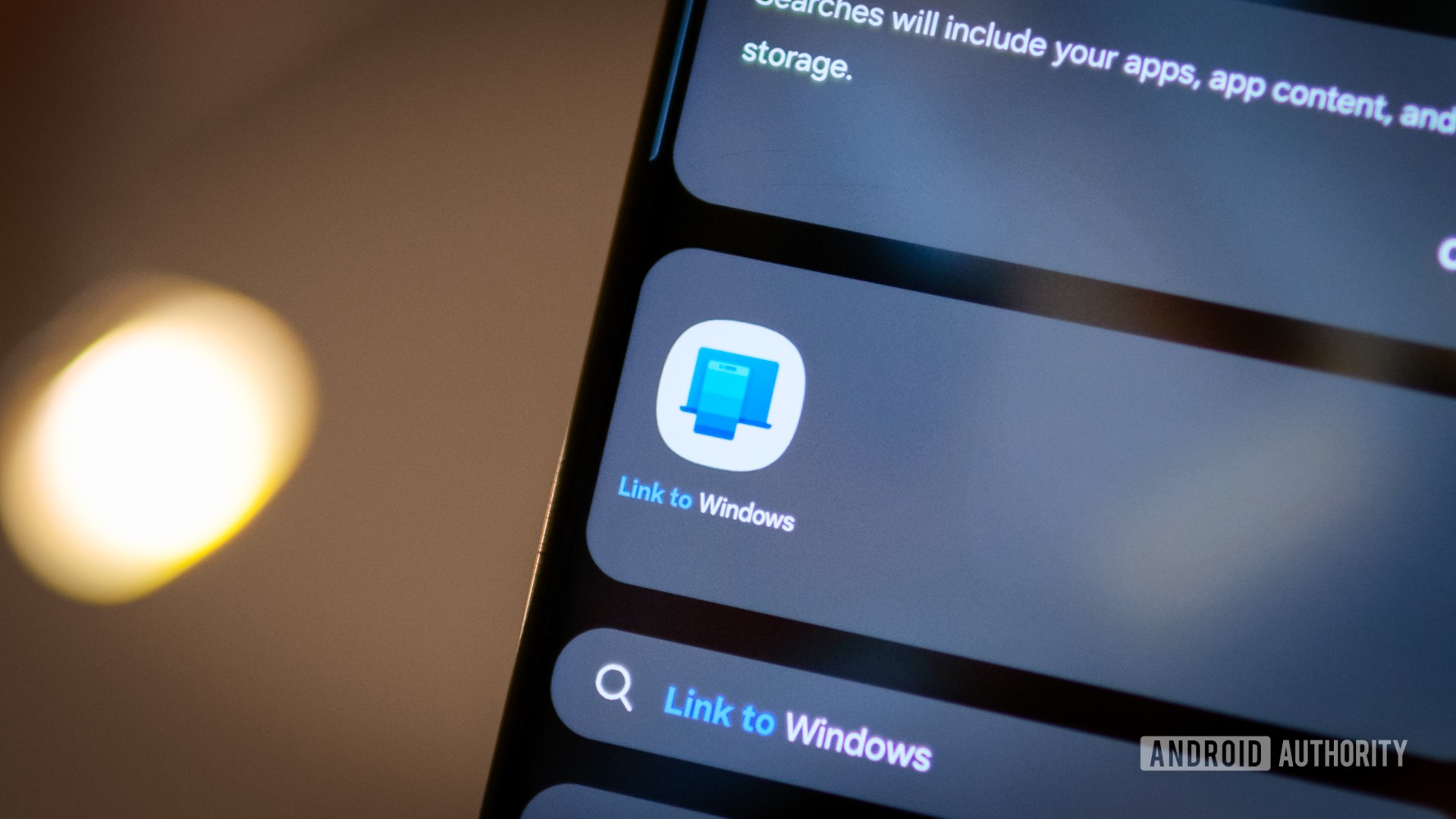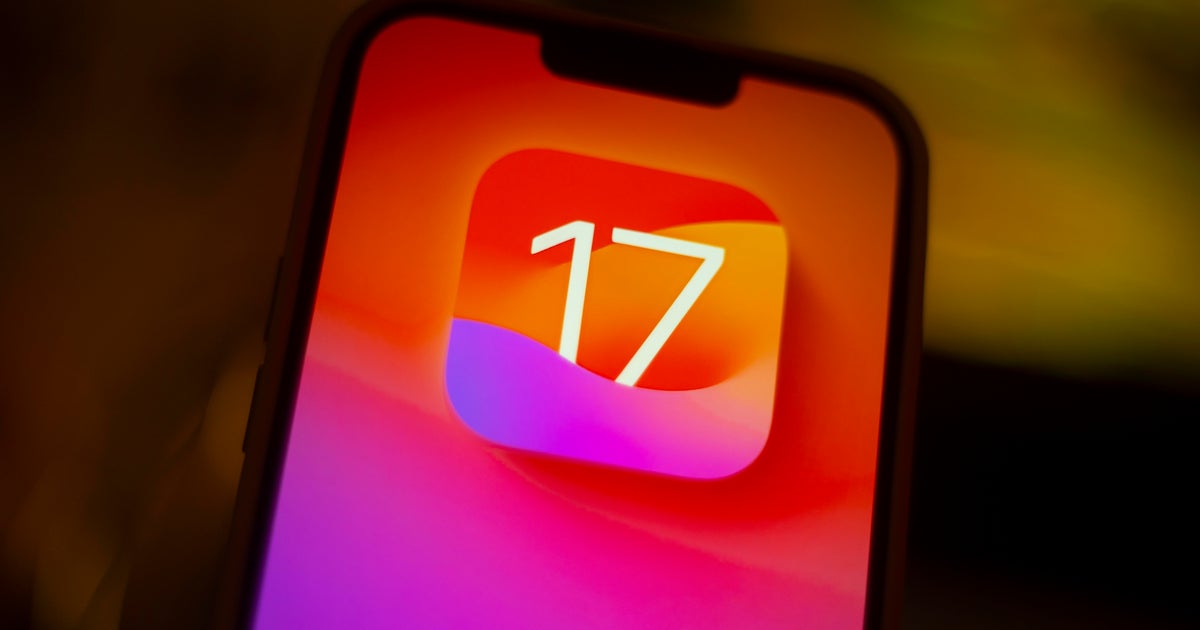Cash might be king but its kingdom looks more and more digital. It’s no wonder that money transfer and payment apps are so popular, making transfers easy and quick. Cash App stands out from the pack by letting users pay for purchases at select merchants, invest in stocks, and even trade Bitcoin in addition to the peer-to-peer payment service it provides.
CNBC Select explores the app’s features, advantages and drawbacks so you can decide whether it’s the right payment app for you.
Guide to Cash App
How does Cash App work?
Cash App
On Cash App’s secure site
-
Cost
Free to download and use basic services
-
Transfer speed
1 to 3 business days or instant cash-out deposits for a 1.5% fee (25 cent minimum)
-
Standout features
App allows users to invest money in individual stocks as well as buy and sell bitcoin
-
Links to accounts
Yes, bank accounts and credit cards
-
Availability
-
Security features
Data encryption and fraud detection technology; unique, one-time login codes, two-factor authentication
Pros
- Free debit card for users who opt in
- Free ATM withdrawals if you set up direct deposit (otherwise $2 per withdrawal)
- “Cash boosts” offer discounts with certain retailers that are automatically applied to a purchase to help users save money (only one boost may be active at a time)
- App includes features to let users invest in stocks and buy and sell bitcoin
Cons
- Charges a 3% processing fee when using linked credit card as a payment method
- Charges a 1.5% fee for instant cash-outs (to disperse funds immediately to your bank account with no waiting period)
- Cash App is not FDIC-insured, despite its more sophisticated investing features
Cash App is a financial platform providing services through its bank partners, Lincoln Savings Bank and Sutton Bank. It also offers investing services through Cash App Investing LLC, which is a registered broker-dealer and a Financial Industry Regulatory Authority (FINRA) member.
Cash App offers the following services and features:
- Money transfers: Users can send and receive money, as well as transfer the money they have in their Cash App account to a linked bank account. Sending and receiving money is free. Standard transfers also charge no fees and take one to three business days to complete. An instant transfer is also an option, but it costs 0.50% to 1.75% of the transfer amount, with a minimum fee of $0.25.
- Cash Card: Cash App offers a free Visa debit card linked to the user’s Cash App balance. Cardholders can use the Cash Card at ATMs for $2 per withdrawal (unless they set up direct deposit) or to make purchases online and in stores.
- Cash App Pay: Cash App can also serve as a payment method to pay for purchases online or in person at Square Sellers and select merchants.
- Discounts: Cash Card holders can access Boosts — instant discounts from eligible retailers and restaurants. You can only activate one Boost at a time but can change which one that is without any restrictions.
- Direct deposit: Users can deposit paychecks and tax returns into their Cash App account.
- Savings: The app allows users to put money in savings from their linked payment source or Cash App balance without fees or minimum balance requirements. Those with an activated Cash Card can also set up Round Ups for Savings to automatically round up card transactions and add the spare change to the savings balance. Note that the savings feature doesn’t earn any interest, unlike traditional or high-yield savings accounts.
- Investing: Cash App Investing lets users buy stocks or ETFs using the money in their Cash App account (and a linked debit card if the funds are insufficient for the purchase). Users can also sell the stocks and ETFs they own on Cash App and have the amount of sale added to their app balance. The platform doesn’t charge a commission fee.
- Bitcoin: Another service Cash App provides is buying, selling, sending and receiving Bitcoin. Sending and receiving Bitcoin is free, but the platform can charge fees for buying and selling. Additionally, users who have set up direct deposit can opt to set aside a percentage of their paycheck in Bitcoin.
How to use Cash App
To use Cash App, you need to download the app, which is available for both iOS and Android. After setting up your account, you can connect it to your bank account to start using the platform. You can also link your Visa, MasterCard, American Express and Discover debit and credit cards. However, if you use a credit card as a payment method, Cash App may charge a processing fee.
You’ll also be prompted to create a username. Each individual and business using Cash App has a username that you use to send or request funds. Alternatively, you can search by name, email address or phone number.
How to add money to Cash App
If you need to add funds to your Cash App balance — for example, to make a purchase with your Cash Card — head to the “Money” tab on the app’s home screen. Press “Add Cash” and follow the prompts to choose an amount you want to deposit.
Is Cash App safe?
Cash App is a secure platform and uses encryption and fraud-detection technology. This means that even if you’re using the app on public Wi-Fi, all the information you submit is encrypted and safely shared with Cash App’s servers. Plus, the app uses additional safety features, such as PIN entry, Face ID and Touch ID.
If you have the Cash Card and keep money in your Cash App account, the funds are covered by the Federal Deposit Insurance Corporation (FDIC) for up to $250,000 per customer. Your investing balances are also protected by the Securities Investor Protection Corporation (SIPC).
Even with all the security measures, it’s best to stay vigilant to avoid scams. CashApp payments are instant and typically can’t be canceled or reversed. Only send funds to people and businesses your trust and double-check all the information before sending money so that it goes to the correct person. And finally, don’t share any personal information like your sign-in code or bank account details with anyone, even if the person is claiming to be working for the platform. Cash App will never ask you for this information or request that you download an app for remote access or complete any kind of transaction or payment.
Subscribe to the CNBC Select Newsletter!
Money matters — so make the most of it. Get expert tips, strategies, news and everything else you need to maximize your money, right to your inbox. Sign up here.
Is Cash App worth it?
With so many features, Cash App has plenty to offer. From sending and receiving money, to accessing discounts, to buying Bitcoin, it’s a powerful financial platform. Plus, CNBC Select has ranked it as the best payment app for budding investors thanks to the no-fee investing services it offers.
That said, it has some competitors.
For instance, Venmo also provides a ton of features. Besides sending and receiving payments, you can get a debit card or even the Venmo Credit Card, buy crypto — and of course, add messages and emojis to your payments. These messages will appear on your friends’ home feeds (unless you make them private), which adds to the app’s social aspect.
Venmo
-
Cost
No charge for sending money from a linked bank account, debit card or your Venmo account; a 3% fee for sending money using a linked credit card
-
Transfer speed
Instant transfer to Venmo balance; 1 to 3 business days for direct deposit (free) or instant transfer to your bank account for 1% fee ($10 max)
-
Standout features
Links to popular apps; social features to interact with your friends’ payments (including stickers and emojis); Venmo debit and credit cards
-
Links to accounts
Yes, bank and credit cards
-
Availability
Only available in the U.S. and only compatible with U.S.-based bank accounts and phone numbers; compatible with iOS & Android
-
Security features
Multi-factor authentication when signing in; QR code readers to make sure you link to the correct user account before you send money
If you’re not looking for any extra features and want a money transfer app exclusively for sending money to family and close friends in the U.S., Zelle is also an option. It provides instant bank-to-bank transfers with no fees — often, within your bank’s mobile app.
Zelle
-
Cost
Free (but check with your bank to ensure it doesn’t charge an additional fee)
-
Transfer speed
Instant: transactions typically occur in minutes when the recipient’s email address or U.S. mobile number is already enrolled with Zelle
-
Standout features
No need to download an extra app; Zelle is already included with most mobile banking apps
-
Links to accounts
Yes, to U.S. bank accounts
-
Availability
iOS and Android; must have U.S. bank account linked to an email address or compatible U.S. phone number
-
Security features
The Zelle app uses authentication and monitoring features to make your payments more secure
Bottom line
Cash App is rich in features and can be an excellent choice for individuals and businesses. It’s simple to use and generally safe — however, you still need to exercise caution to avoid scams. If you sign up for Cash App, make sure to get acquainted with potential fees, as well as any transaction limits the platform may impose.
Why trust CNBC Select?
At CNBC Select, our mission is to provide our readers with high-quality service journalism and comprehensive consumer advice so they can make informed decisions with their money. Every payment app article is based on rigorous reporting by our team of expert writers and editors with extensive knowledge of payment and money transfer apps. While CNBC Select earns a commission from affiliate partners on many offers and links, we create all our content without input from our commercial team or any outside third parties, and we pride ourselves on our journalistic standards and ethics. See our methodology for more information on how we choose the best products.
Catch up on CNBC Select’s in-depth coverage of credit cards, banking and money, and follow us on TikTok, Facebook, Instagram and Twitter to stay up to date.
Editorial Note: Opinions, analyses, reviews or recommendations expressed in this article are those of the Select editorial staff’s alone, and have not been reviewed, approved or otherwise endorsed by any third party.










